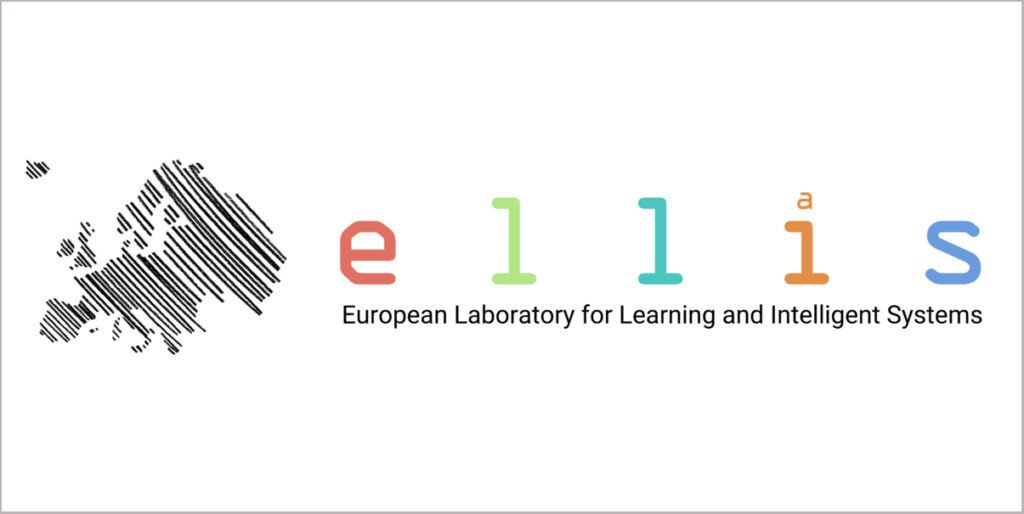

We are hiring!! Are you a researcher, postdoc or PhD student interested in the topics below? Please check this link
The ELLIS Unit located in Alicante will focus on 3 research areas in the intersection between humans and Artificial Intelligence
RA1: Human Behavior Modeling: Research on novel machine learning techniques to automatically recognize, model and predict human individual and aggregate behavior from data. Use cases of special interest are those related to United Nation's 17 Sustainable Development Goals
RA2: Development of Intelligent User Interfaces: Development of new machine learning approaches to build intelligent user interfaces that interact with humans. Areas of focus include the development of context-aware mobile services and personal assistants (chatbots), with a special interest towards two demographic groups: the elderly and students
RA3: Human-centric Challenges in AI: Study of human-centric challenges, risks and potential negative consequences derived from the use of machine learning tools to inform and automate consequential decisions for humans, in areas such as criminal justice, medicine, employment, education and welfare programs. Challenges of interest include algorithmic discrimination, opacity, computational violation of people's privacy, lack of veracity and threats to democracy and human autonomy. This research area is fully aligned with the ELLIS program on "Human-centric Machine Learning"
We are at a crossroads where
As an important measure to address these points we propose to found a European Lab for Learning and Intelligent Systems (ELLIS), involving the very best European academics while working together closely with basic researchers from industry.
The mission of ELLIS is to benefit Europe in two ways:
During the NeurIPS conference in Vancouver, ELLIS announced the establishment of the first 17 ELLIS units across 10 European countries and Israel. Built around outstanding AI researchers, the newly established research units are devoted to tackling fundamental challenges in AI with a focus on research excellence and societal impact. An open call resulted in 28 proposals from 13 countries, each of which committed local funding of at least 1.5 Mio € per year for at least five years, 20% thereof reserved for ELLIS network activities such as student and faculty exchanges and the organization of joint ELLIS research programs and workshops. Proposals from Alicante, Amsterdam, Copenhagen, Darmstadt, Delft, Freiburg, Helsinki, Linz, Lausanne, Leuven, Oxford, Prague, Saarbrücken, Tel Aviv, Tübingen, Vienna (IST Austria) and Zürich (ETH Zürich) were selected by an international evaluation committee, based on proven scientific excellence and the implementation of measures to foster the ELLIS mission. To avoid conflicts of interest, all the reviews were done by scientists of countries different from the units being evaluated. The list of directors of ELLIS units includes European researchers such as Wolfram Burgard, Sepp Hochreiter, Thomas Hofmann, Sami Kaski, Nuria Oliver, Bernhard Schölkopf, Yee Whye Teh, Luc van Gool and Max Welling.